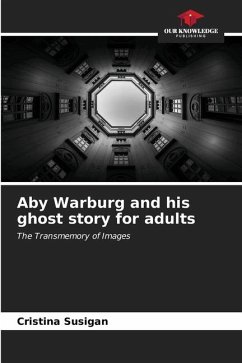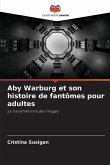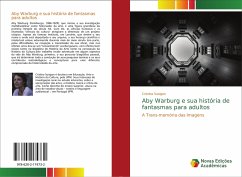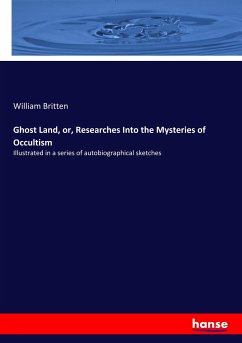Aby Warburg (Hamburg, 1866-1929), who began his multidisciplinary research as an art historian, is a major figure of the first half of the 20th century. With him, the humanities and the so-called "cultural sciences" reached the dimension of a utopian project. Despite the famous Institute in London that bears his name and houses his archives, his scientific and intellectual legacy lay dormant for more than half a century (partly due to the difficulties in receiving and transmitting his work), but in recent years there has been a Warburgian "renaissance", with clearly visible effects both in the discipline of Art History and in the conception of the History of Culture. This work focuses mainly on some aspects of Aby Warburg's life, firstly his personal biographical journey, which will determine the conduct of his theoretical research and his methodological and conceptual contributions to a different understanding of the historicity of art.
Bitte wählen Sie Ihr Anliegen aus.
Rechnungen
Retourenschein anfordern
Bestellstatus
Storno








